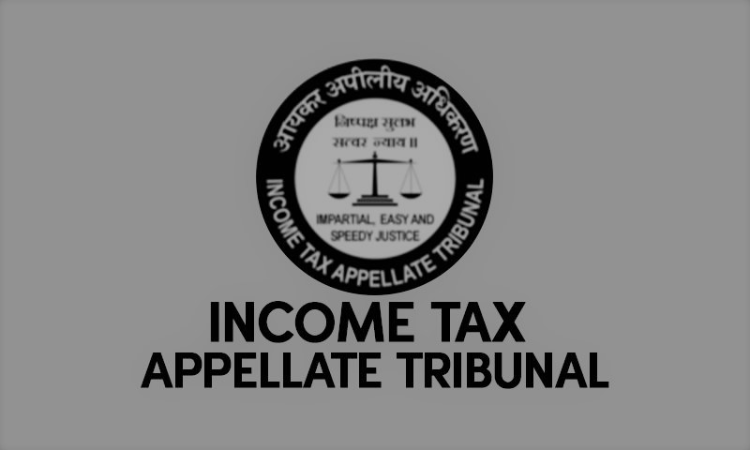The Delhi Bench of the Income Tax Appellate Tribunal (ITAT) has held that in the issue of bonus shares, the money remains with the company and nothing comes to the shareholders as there is no transfer of the property and the provisions of Section 56(2)(vii)(c) of the Income Tax Act.The bench of Anubhav Sharma (Judicial Member) and M. Balaganesh (Accountant Member) has observed that when...

